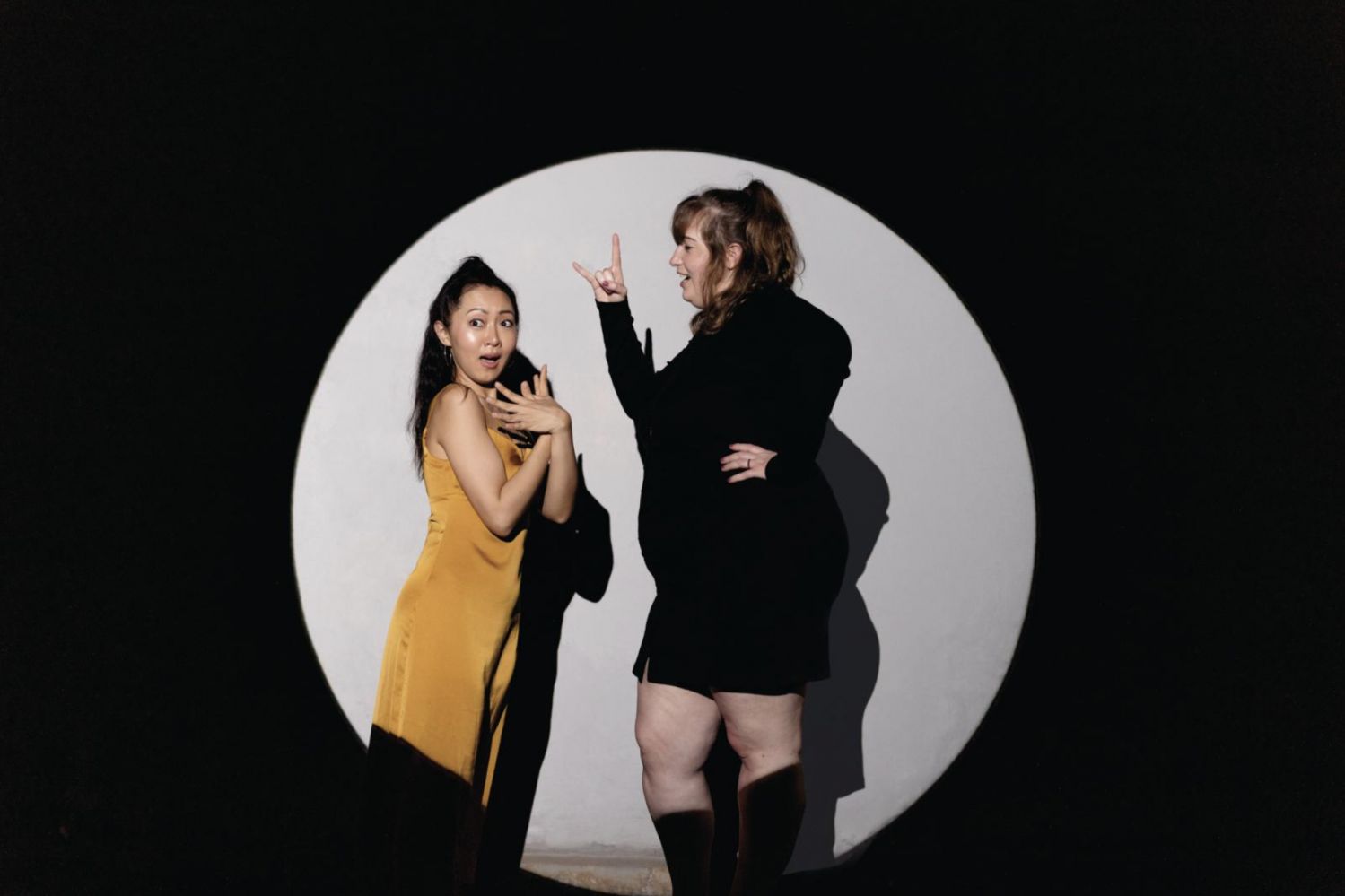The stand-up comedy scene has long been dominated by men. But Bitches in Stitches, Hong Kong’s first and only all-femme comedian group, is shaking up the industry with jokes that challenge gender biases
Jenna Hudson remembers her early days of doing open-mic stand-up comedy in Hong Kong. When one of her sets didn’t go well, rather than being bothered by the audience’s silence, she was frustrated at how much unsolicited advice she was offered by the other comedians, who were mostly men. On one occasion, one of them took out his phone as the next comic began his set and told Hudson to time how often someone from the audience laughed. He said she needed to make people laugh every couple of seconds.
“It was just crushing,” she says. “I felt like I wasn’t being taken seriously. If I was one of the guys, they’d be like, ‘Ah, you know, you had a bad show.’ But because I was femme-presenting, they were like, ‘I’m gonna help you present [your set], you poor girl who needs my help.”
Don't miss: “Saying No is So Powerful”: Netflix Star Arden Cho Is Finding Strength in Being Vulnerable
Hudson isn’t the only one who feels she has to fight to be taken seriously in the industry. Fellow comedian Francesca Ayala says there has been little room for female, transgender and queer comics. They all had to compete with each other for a spot at a paid gigs against cisgender men, who make up the majority of the performers, bookers and audience. “We were an afterthought,” says Ayala.



